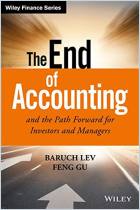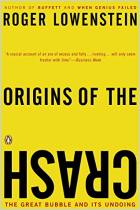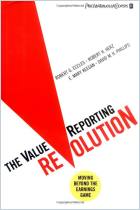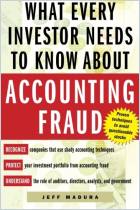
Recommendation
Many investors believe that public companies’ quarterly statements are something akin to gospel. After all, Wall Street analysts and the business media breathlessly parse every detail of major corporations’ earnings announcements. But professors Baruch Lev and Feng Gu claim that these accounting reports have lost their relevance because although the world is moving fast, corporate financial statements have hardly changed in more than a century. In this thought-provoking book, the authors persuasively argue that savvy investors would be wise to understand the shortcomings of traditional accounting. getAbstract recommends this expert analysis to investors, managers and regulators for its critical look at a crucial financial tool.
Summary
About the Authors
Baruch Lev is a professor of accounting and finance at New York University’s Stern School of Business. Feng Gu is a professor of accounting and law at the University at Buffalo.























Comment on this summary or Start Discussion